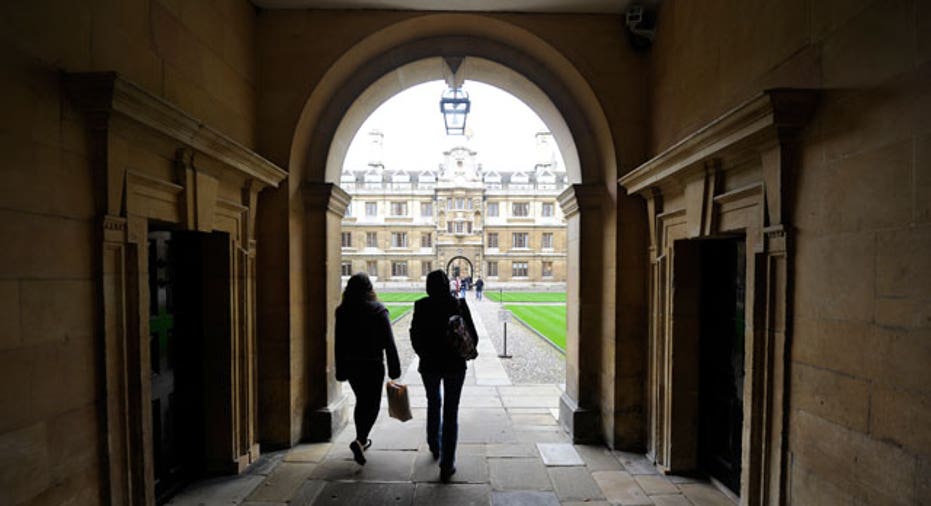Smart to Raid IRA for Kids' College Bills?

Dear Dr. Don, I am 50 years old, and I want to cash out and close my regular individual retirement account of $8,000 to use on educational expenses for my twin children who started college in September. Can I remove all the money now, or do I estimate what I think I may use and only make an IRA withdrawal for what's needed for the current academic year? Most of both children's tuition and college expenses are being paid through merit- and need-based personal scholarships and grants. We do have an unsubsidized loan of $3,400 this year and will have some more fees and expenses. The twins probably have incidentals, travel and other expenses coming up that we will handle and then keep the receipts.
Thank you, -- Karen Cash-out
Dear Karen, I'd have you wait until their senior year to tap the IRA for their qualified higher education expenses. The reason is the IRA withdrawals will be included in your income for the tax year when you take the money out, and that could reduce the twins' eligibility for student aid. Wait until they're college seniors, and you won't have that issue.
You didn't say what other retirement accounts you have, but if this $8,000 is all you have saved for your later years, I'd lobby against spending it on the twins' college expenses. It would be easier for them to obtain student loans than it would be for you to replace your retirement savings. Assuming the IRA was funded with pretax dollars, you'll owe income taxes on the withdrawals for qualified higher education expenses. If you're in the 25% tax bracket, cashing in the $8,000 only nets you $6,000 after-tax. The benefit in using these funds for education is that you won't have to pay the 10% penalty tax on early withdrawals.
While I'm arguing that you not cash in the account now, if you were to make this move, you'd need to know more about the qualified higher education expenses that would allow you to use the IRA and not trigger the 10% penalty tax. Qualified higher education expenses are defined as tuition, fees, books, supplies and equipment required for the enrollment or attendance of a student at an eligible educational institution. They also can include room and board, if the student is enrolled at least half-time.
To spend money out of the IRA and avoid the penalty, you'd calculate the amount of eligible qualified expenses by subtracting college costs covered by any tax-free educational assistance, such as a Pell Grant or tax-free scholarship, a tax-free distribution from an education IRA or tax-free educational assistance provided by an employer.
Your plan to save receipts for incidentals, travel and other expenses, however, isn't going to cut it toward making those things count as qualified higher education expenses. Work with your tax professional if you're uncertain about what qualifies as a higher education expense.
If you do cash in the account, make sure the IRA withdrawals are made in the same year the qualified college expenses are incurred.
Get more news, money-saving tips and expert advice by signing up for a free Bankrate newsletter.
Bankrate's content, including the guidance of its advice-and-expert columns and this website, is intended only to assist you with financial decisions. The content is broad in scope and does not consider your personal financial situation. Bankrate recommends that you seek the advice of advisers who are fully aware of your individual circumstances before making any final decisions or implementing any financial strategy. Please remember that your use of this website is governed by Bankrate's Terms of Use.
Copyright 2012, Bankrate Inc.



















